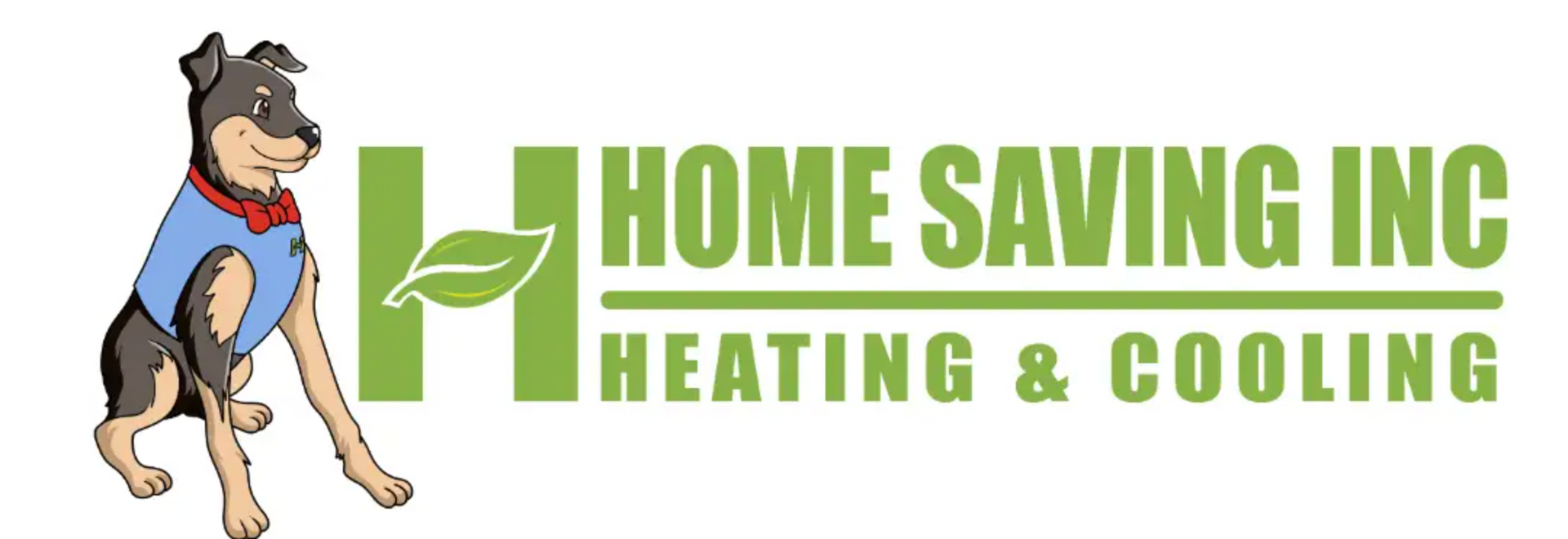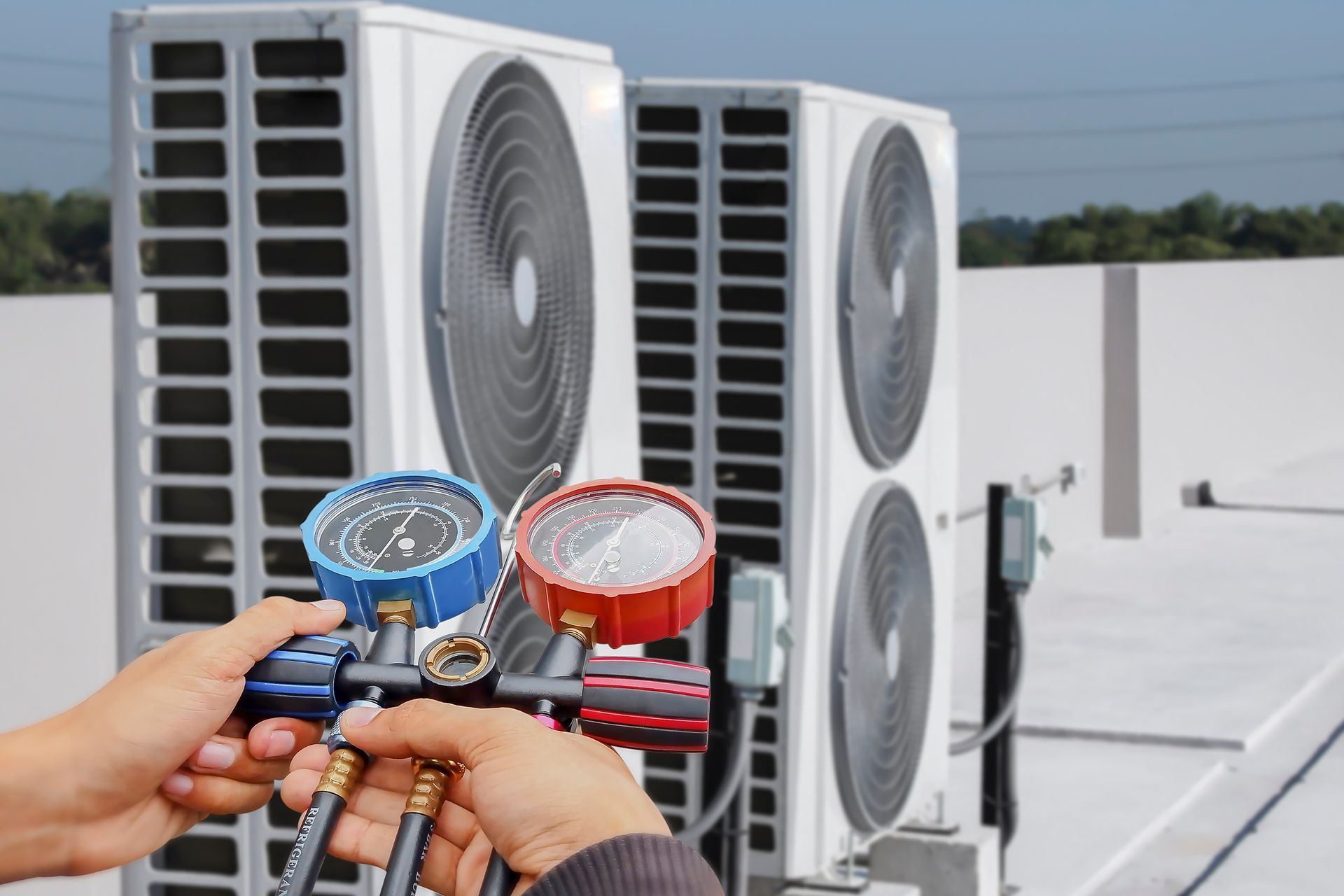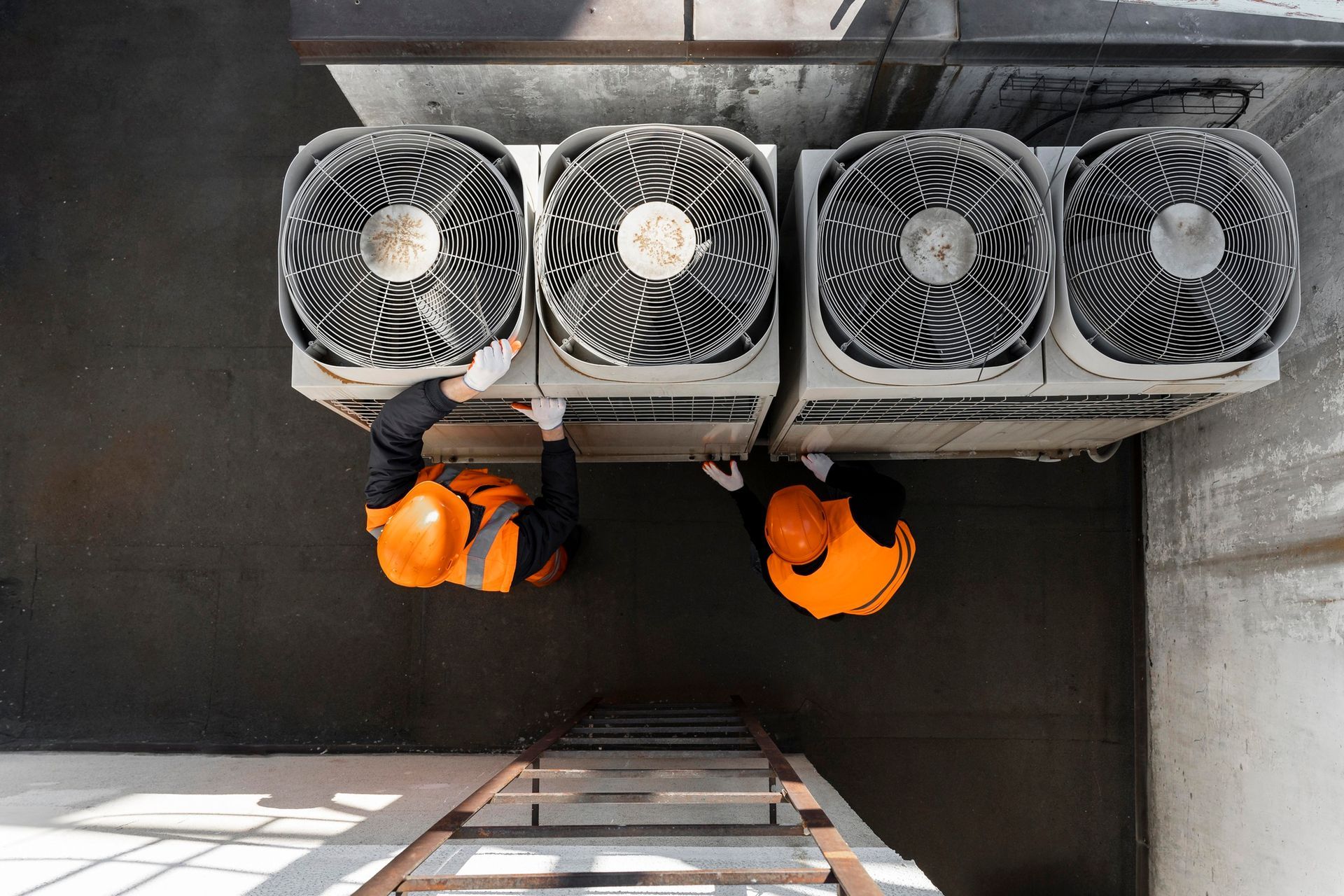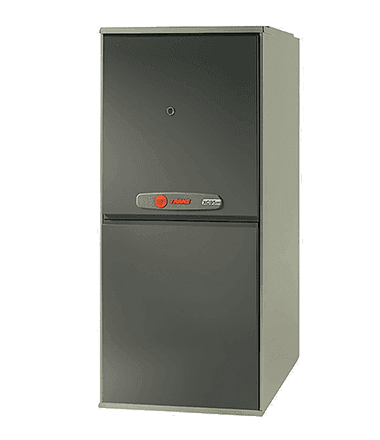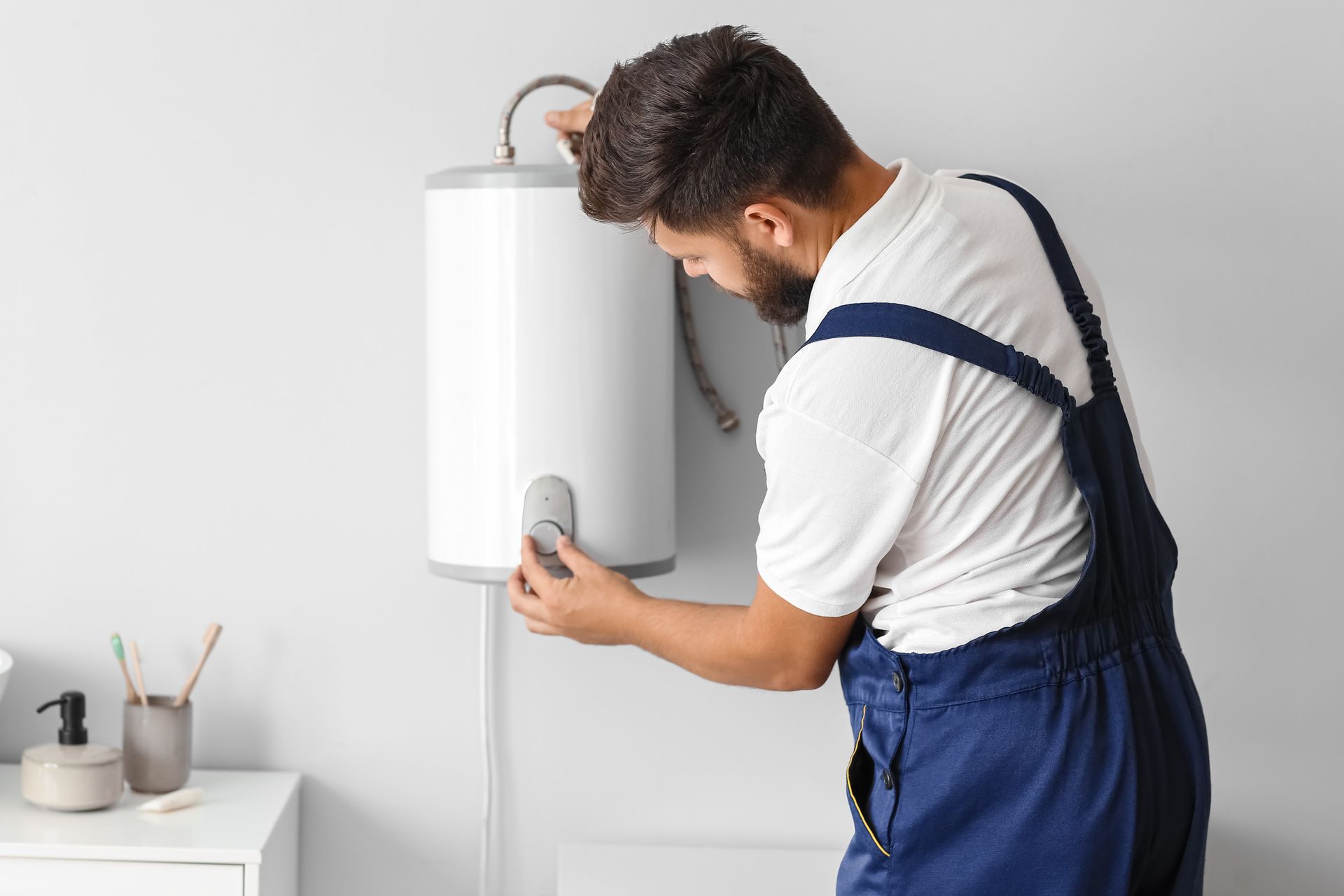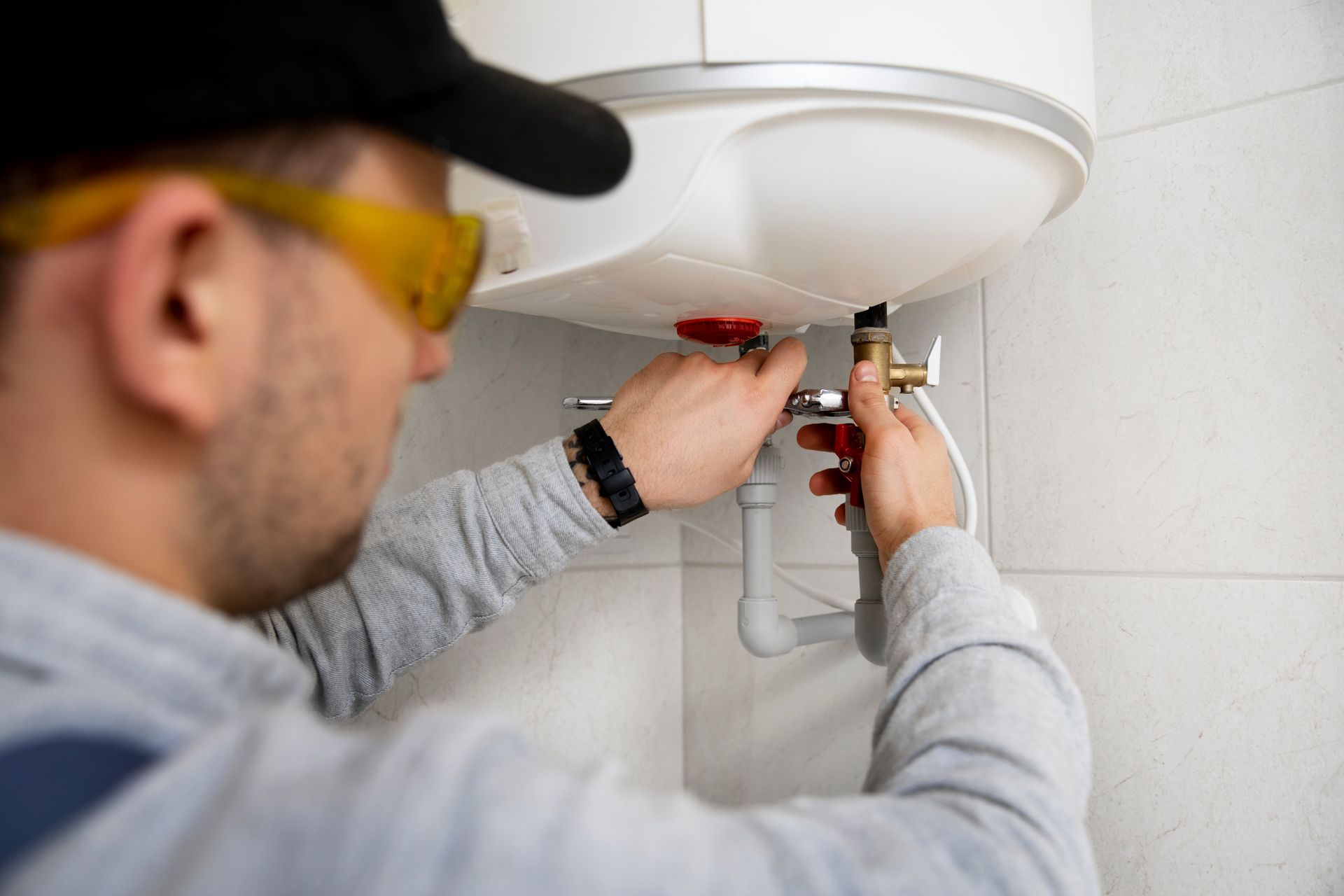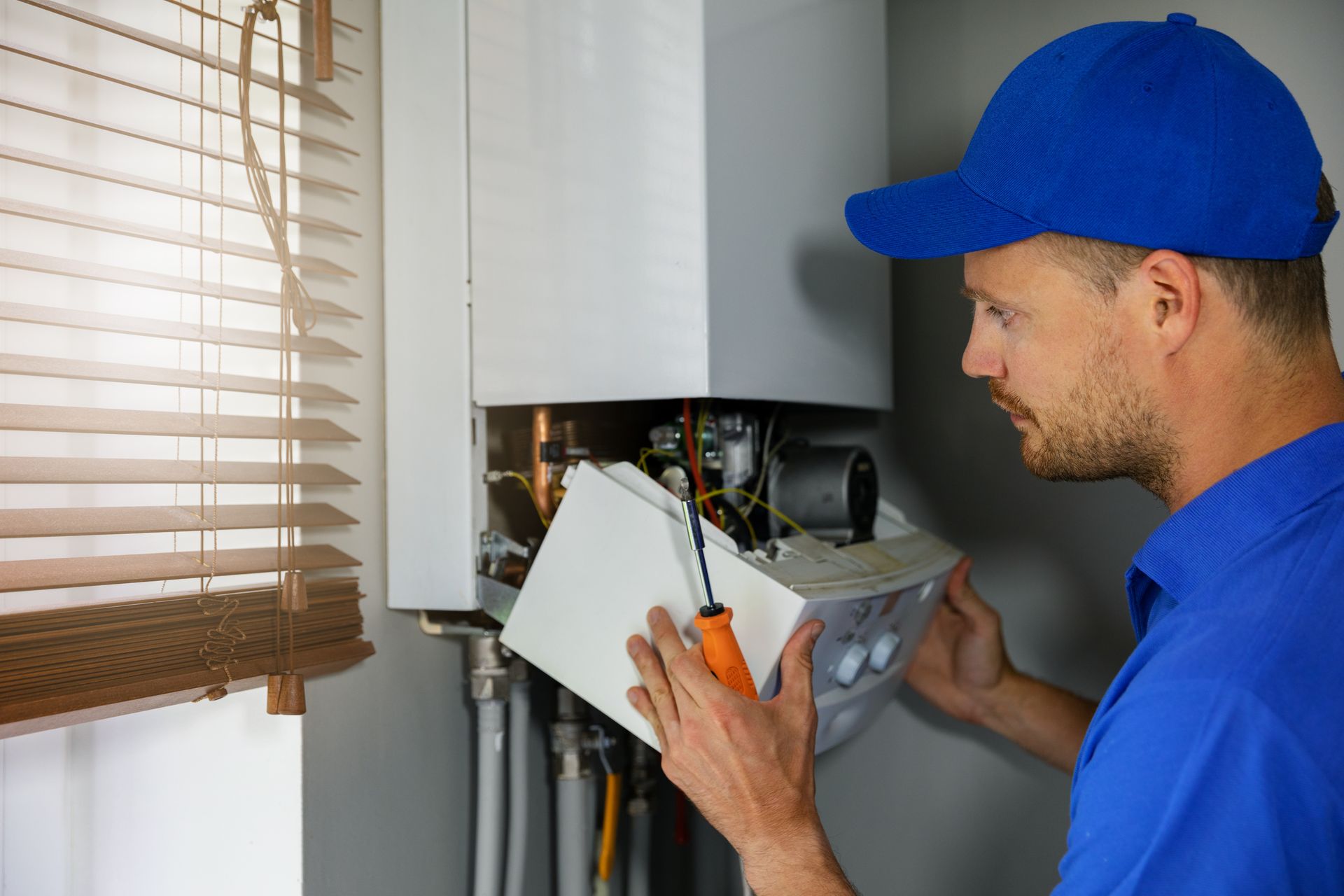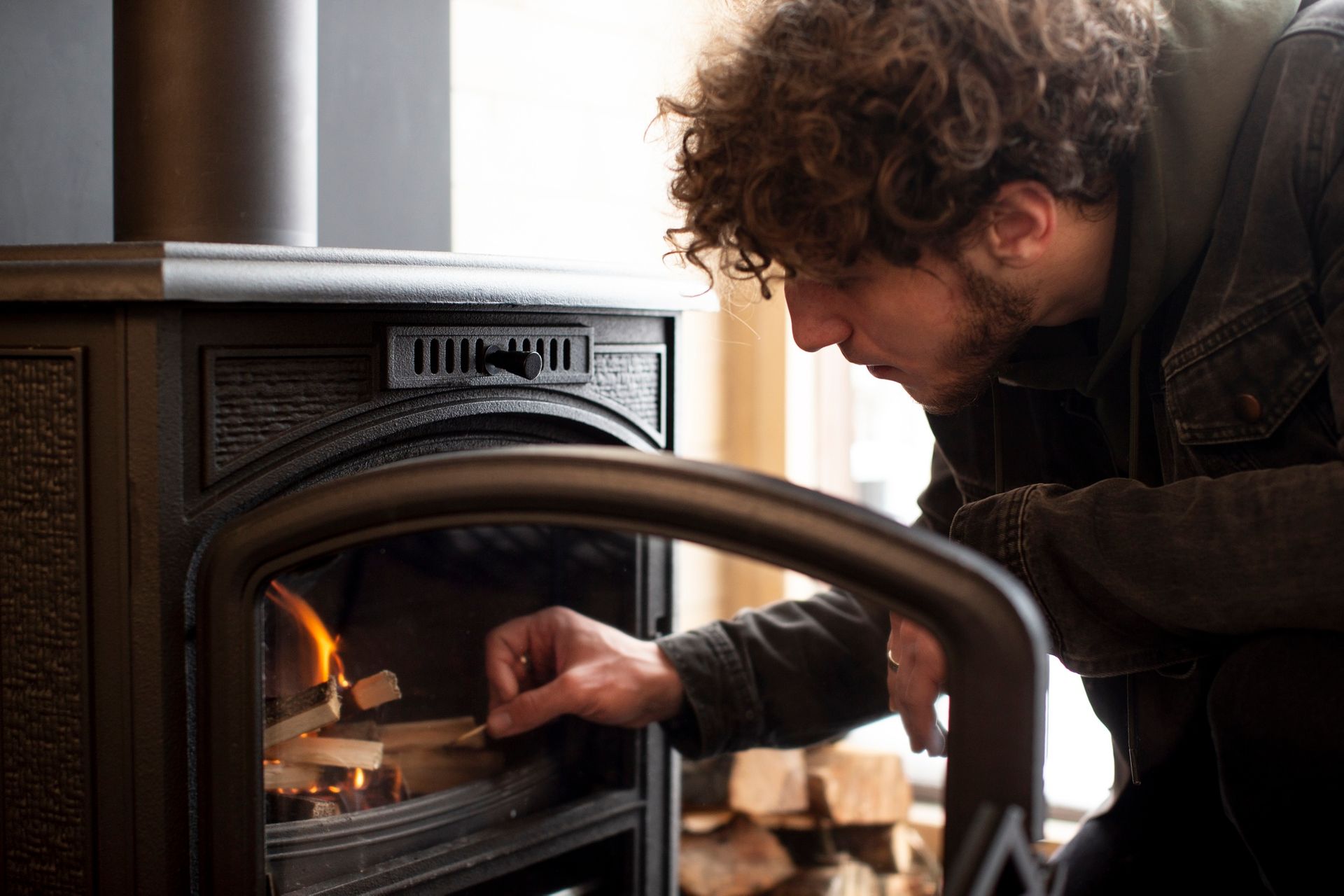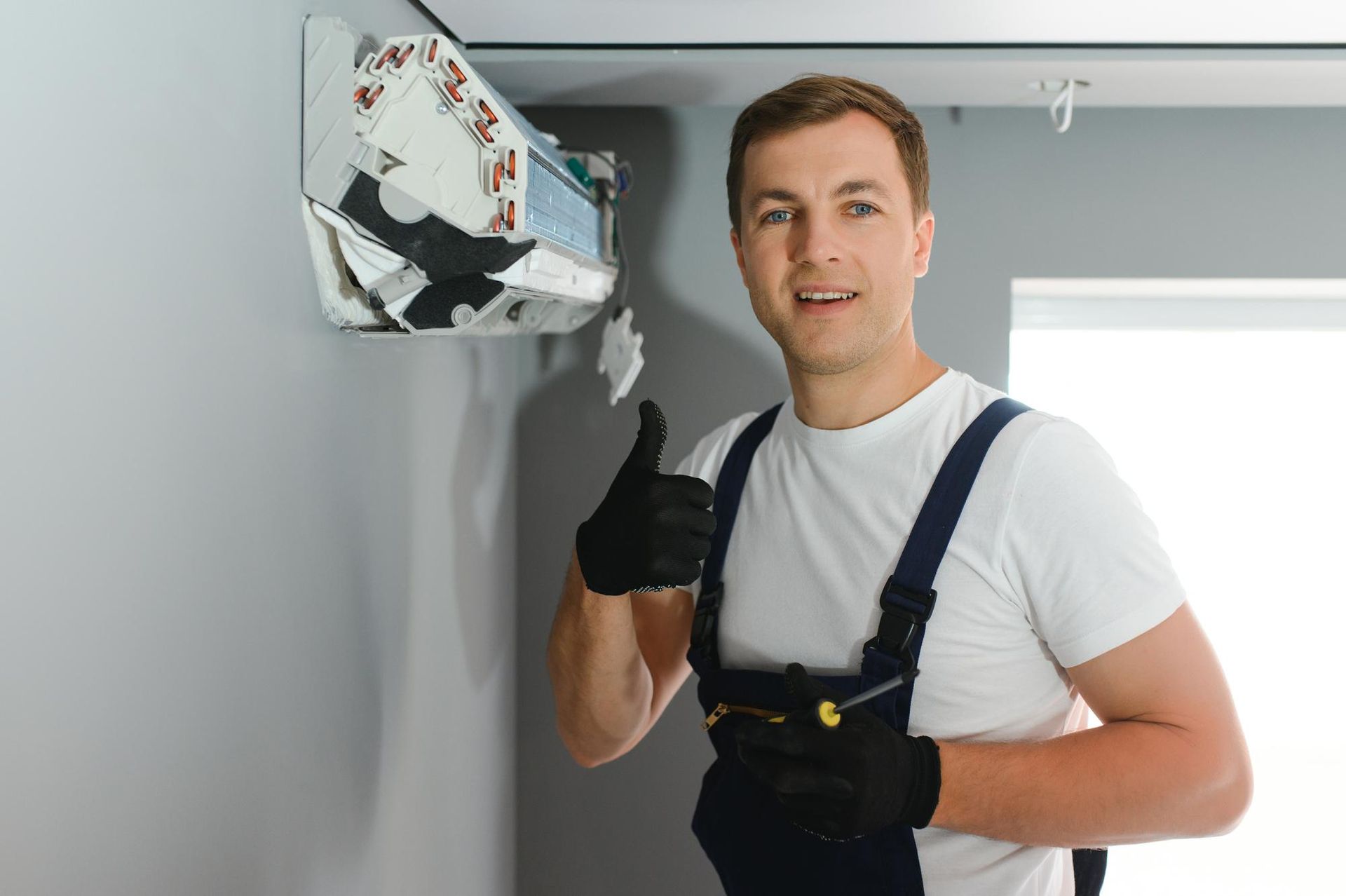A Homeowner's Guide to Emergency HVAC Assistance: What to Do When Things Go Wrong
Your HVAC system plays a crucial role in maintaining comfort in your home all year round. But when things go wrong, it can be an extremely frustrating experience. Knowing what to do in case of an emergency and when to call Home Saving Inc. Heating & Cooling can save you time, money, and stress. In this guide, we'll discuss some common HVAC emergencies and the steps you can take to handle them.
Recognizing the Signs of an HVAC Emergency
Before you can deal with an emergency, you need to know what signs to look for. Some common indicators that you may be facing an HVAC emergency include:
1. Unusual noises – If you hear banging, rattling or squealing sounds, it might indicate a problem with your system.
2. Strange smells – A burning or musty odor could indicate a problem with your furnace or AC unit.
3. No cool or warm air – If your system isn't producing the desired temperature, this could be a sign of an emergency.
4. Water leaks – Any water leaks around your HVAC system can cause severe damage if not addressed quickly.
Immediate Steps to Take in Case of an HVAC Emergency
When facing an HVAC emergency, the following steps can help you mitigate damage and ensure the safety of your home and family:
1. Turn off the system: Always turn off the HVAC system immediately to prevent further damage. Shut down the system at the thermostat, and if possible, at the circuit breaker.
2. Assess the situation: Try to determine the source of the problem. Be cautious and avoid touching any components if you smell burning or see smoke.
3. Call for help: If the issue is beyond your expertise, don't hesitate to contact Home Saving Inc. Heating & Cooling for assistance. We have highly trained technicians who can help with any HVAC emergency.
Preventive Measures to Avoid HVAC Emergencies
Taking a proactive approach to maintain your HVAC system can help prevent emergencies from happening in the first place. Some steps to follow include:
1. Regular maintenance: Schedule routine maintenance with Home Saving Inc. Heating & Cooling. This will help prevent small issues from becoming big problems.
2. Keep your system clean: Dirty air filters and coils can strain your system and lead to emergencies. Clean or replace filters regularly and keep the area around your outdoor unit clear.
3. Be aware of system age: HVAC systems have a typical lifespan of 15-20 years. If your system is nearing its end, it's a good idea to start planning for a replacement.
Why Choose Home Saving Inc. Heating & Cooling for Your Emergency HVAC Needs
When you encounter an HVAC emergency, you need help right away. Home Saving Inc. Heating & Cooling is the first choice for many homeowners in the Greater Toronto Area because we provide:
1. Prompt assistance: We understand that emergencies can't wait, and that's why we offer rapid response times to ensure you get the help you need, when you need it.
2. Skilled technicians: Our team consists of highly trained and certified technicians who can handle any HVAC emergency.
3. Superior customer service: We prioritize customer satisfaction and are committed to providing the best possible service.
HVAC emergencies can be daunting, but knowing what to do when things go wrong can make a big difference. By recognizing the signs of an emergency, taking immediate steps to mitigate damage, and contacting Home Saving Inc. Heating & Cooling for assistance, you can ensure your home stays comfortable and safe all year round.
If you have any questions or need help with your HVAC system, don't hesitate to contact Home Saving Inc. Heating & Cooling today!
